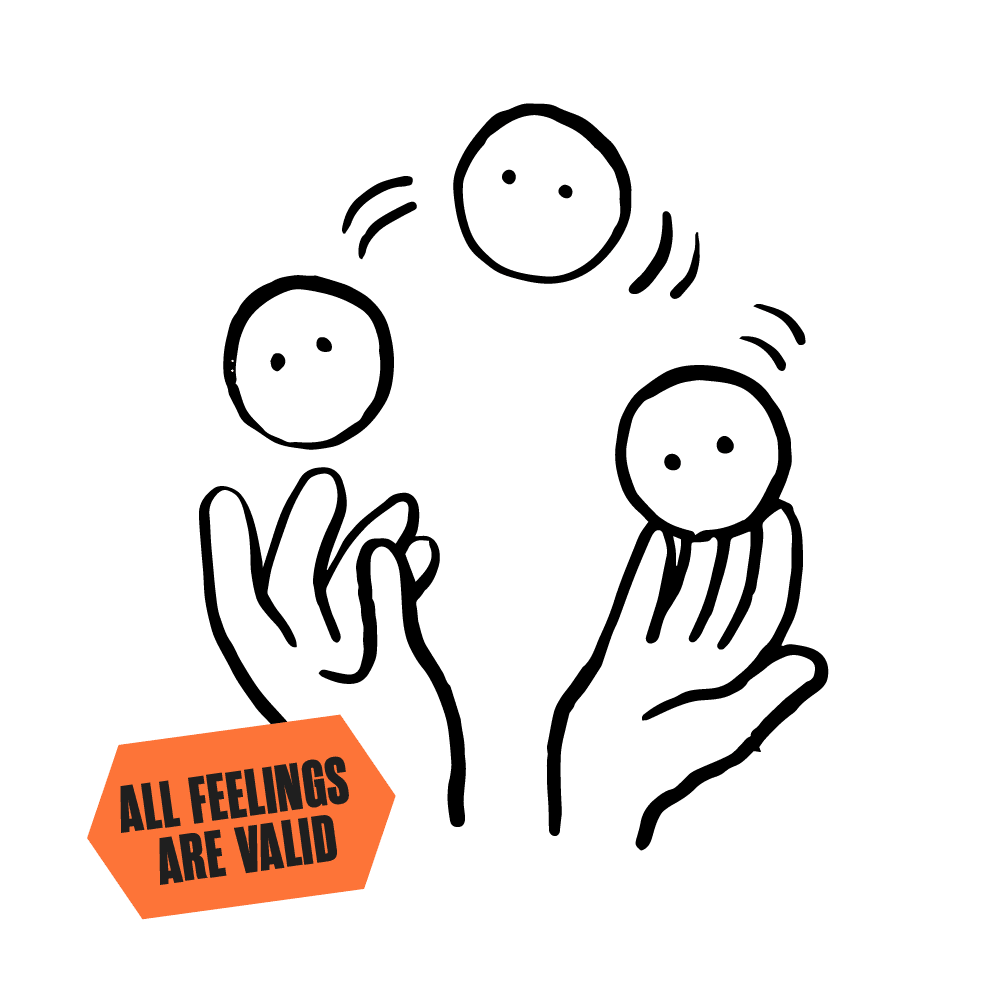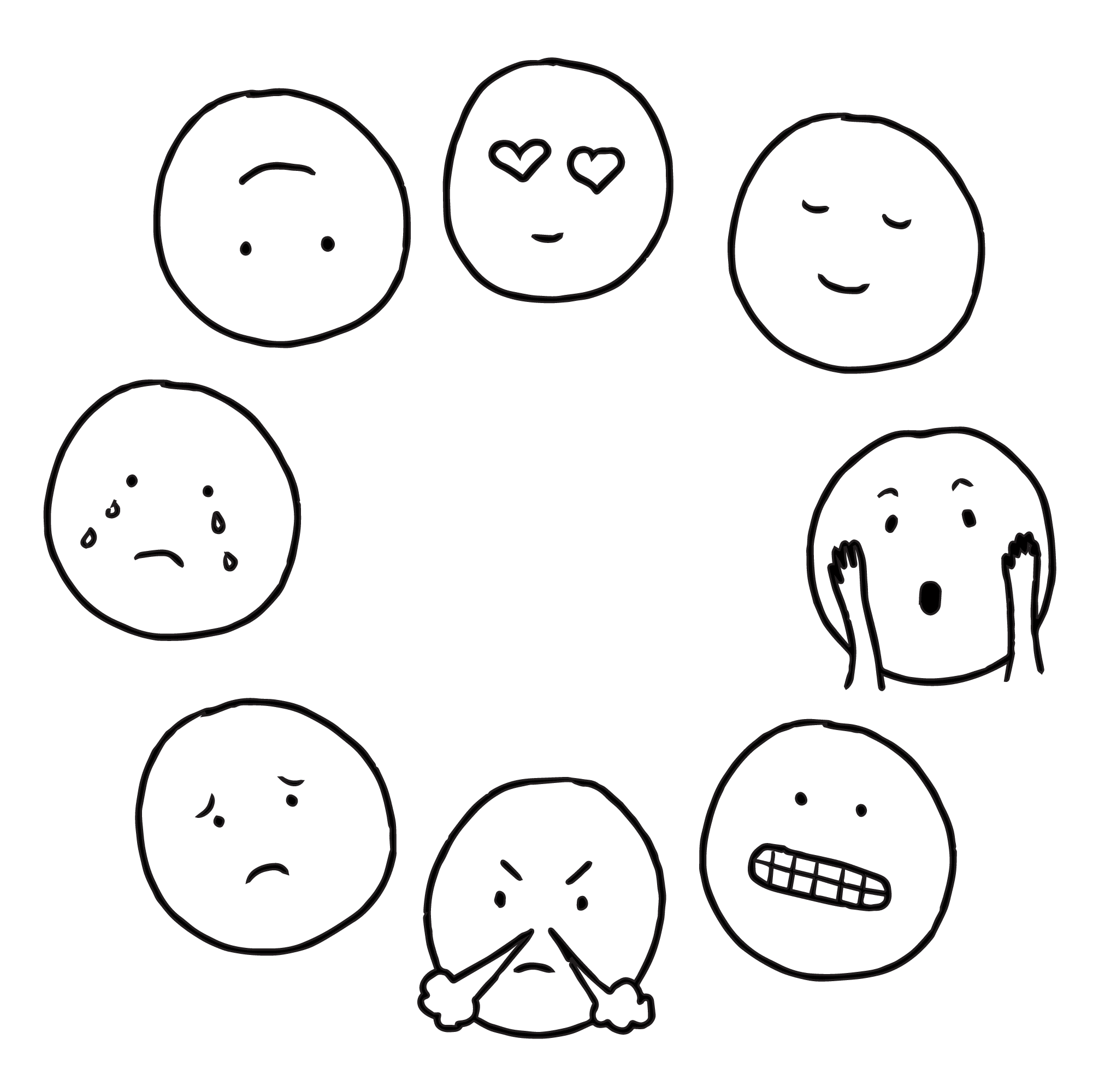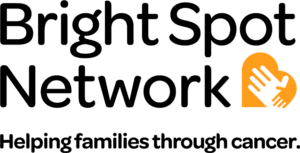1. Be Honest
Being honest with your child helps them learn to trust you, but this doesn’t mean you must tell them everything. Child development spans a wide gap. Always remember your child’s unique development and level of understanding when talking to them about your health.
If you have a young child, state the honest facts in short, understandable statements.
Mom/Dad has cancer.
They are going to the doctor to get better.
They are getting a medicine called chemotherapy/radiation.
The medicine may make Mom/Dad feel sick and tired.
You can hug and snuggle Mom/Dad all you want, and you will never catch cancer.
Nothing you did or said caused Mom/Dad to get cancer.
You can always ask questions about cancer or how Mom/Dad feels.
When talking with younger children, it’s okay to leave out some of the details. This information isn’t necessary for them to understand what is happening and it may confuse or overwhelm them. Older children may ask more detailed questions and you should share more as it feels right.









